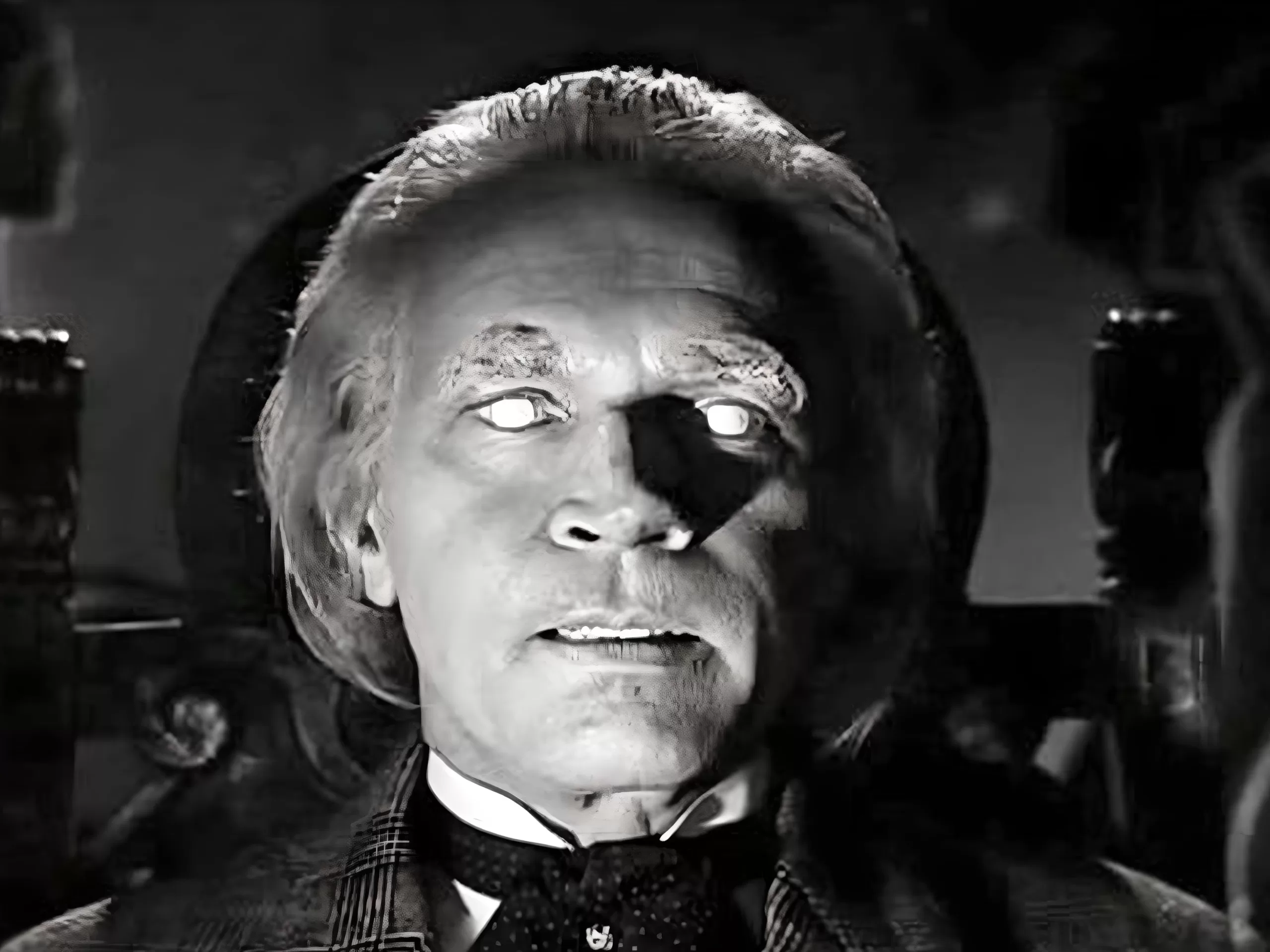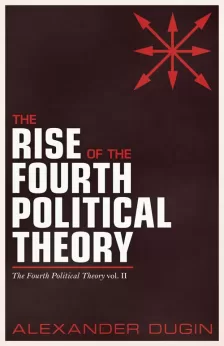Sophia wrote that the element of impunity in such cases brought to mind Doctor Mabuse and his Empire of Crime. The most relevant scenes, from the Fritz Lang films based on the novels of Norbert Jacques, come at the close of The Testament of Doctor Mabuse by which point it becomes clear that “Mabuse” is not merely a man who can be arrested, confined, or contained like some inmate of an asylum or a particular psychologist who has become obsessively possessed by the insidious idea of “the Empire of Crime.” Mabuse is, rather, the very specter of ineradicable criminality itself. Mabuse is a symbol for the life of crime, for crime as an expression of the Life Force, which is beyond human judgments and the reach of civil laws. In the same way that “alien abductors” commit sex crimes worldwide with impunity, remaining beyond the reach of even the world’s most powerful governments.
What is the point of all this? Do games have a point? Lang calls Mabuse Der Spieler, which is too often translated as “the Gambler” when an at least equally legitimate translation of this German epithet is “the Player.” As she pointed this out, Sophia quoted the following passage from Wilson’s Origins of the Sexual Impulse:
I am trying to point out that the things human beings normally think of as their ‘aims’ are superficial, and it does not take a philosopher to discover that most of them are futile. But then, in the same way, all games are futile, since they involve a great deal of effort, but nothing is profoundly changed by their result. It is the states of consciousness that are achieved en route that give them their purpose and meaning.
Sophie even suggested that the compulsively insane child murderer in Fritz Lang’s M, who is also implied to be a sex fiend, is actually a man under the telepathic control of Mabuse, so that M (1931) forms the proper middle volume of a trilogy that includes Dr. Mabuse, der Spieler (1922) and The Testament of Dr. Mabuse (1933). But this was just a tangent in an argument that used Mabuse’s occult criminal empire as a metaphor for a kind of breakaway civilization that increasingly assumed the aspect of an “alien” underworld by using advanced technologies and techniques to predatorily set itself apart from mankind. In this connection, Sophia remarked on how Lang, who had explored the idea of Utopia and Dystopia in his 1927 science-fiction film Metropolis, may have been using his Mabuse films to critique the aspiration for Utopia. This was a strong connection back to the thesis of her first book, Making a Messy Future. One element of any Utopian vision is the eradication of crime. Mabuse is about how that is impossible. More than that, the most enduring empire, the State within and beyond the State, is the Empire of Crime.
Returning to the subject of fabricated alienation and noting its similarity to the manner in which Doctor Mabuse uses a plethora of disguises and false fronts for his operations, Sophia suggested that the purpose of this engineered alienation would not simply be predation, but also seduction. Mabuse is also a captivating seducer of female accomplices who aid him like the female vampires of Dracula’s harem.
Some of those “chosen” would not just be willing alien “abductees” but also participants in something akin to a sacrificial rite that produces an aura of the sacred by projecting a compelling-enough image of alienness. Sophia also offered Wolfen and The Hunger as examples of this, suggesting that the film adaptations are preferable to the novels by Whitley Strieber because they manage to filter out the Catholic moralistic perspective that eventually came to enmesh and to warp Strieber’s understanding of his own close encounter experiences with entities who clearly do not share his sense of morality. Once freed from this overlay, both the werewolves of Wolfen and the vampires of The Hunger present striking symbols of “alien” criminality.











Interesting article, I know you have said that David Lynch´s´films are simmilar to your novels on the Gnostic Informant, I would love to hear you put out some analysis on that.